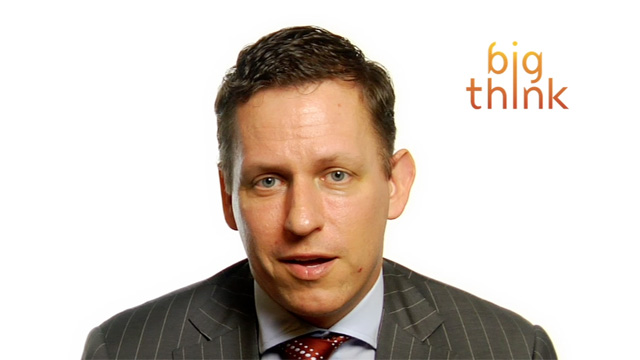More Thoughts on Why Climate Change Communication Often Backfires

Over at the NY Times’ Dot Earth, Andrew Revkin has a post titled “An Inconvenient Mind” gathering thoughts from social scientists Dan Kahan and Robert Bruille on the UC Berkeley study that I discussed earlier this week.
Here’s what Kahan and Bruille had to say, quoted from an email discussion which Revkin prompted (and which I participated in). Revkin includes additional valuable background on the study with links to relevant articles and posts that he has written.
Dan Kahan, a professor of law at Yale University and a founder of CulturalCognition.net:
I’ve seen this. I think it is good research, and maybe captures something that is going on in the real world debate. But it doesn’t capture what’s most important: the source of individual differences. People disagree about climate change; it is one of a cluster of science & policy issues that polarize citizens along cultural/political lines. “Just world” theory posits a general psychological mechanism that affects everyone. Necessarily, then, it can’t explain why one and the same set of informational influences (e.g., stories reporting “scientific consensus” on climate change) provoke different reactions in identifiable subcommunities. The theory that we need is one that identifies what the identifying characteristics of these communities are and how they are implicated in cognition of risk. No theory that focuses of generic or population-wide aspects of the psychology of risk perception (so-called “main effects”) can do that.
Robert Brulle, a professor of sociology and environmental science, Drexel University:
I would definitely think the conclusions are worthwhile and interesting. There is an emerging body of literature within sociology that focuses on the collective identity threats and climate change. The “just world” hypothesis is theorized within sociology as threats to ontological security. This concept, developed by Anthony Giddens, refers to the “Confidence or trust that the natural and social worlds are as they appear to be, including the basic existential parameters of self and social identity.” The sociological argument maintains that how individuals respond to information needs to consider the context of both social norms shaping interpersonal interaction and the broader political economic context. So in this viewpoint, climate change and the challenges it presents to the taken-for-granted expectations of economic growth and progress is very similar to the identity threats engendered by the civil rights movement and racism, or feminism and patriarchy. So the sociological approach varies considerably from the more psychological approaches based in structural linguistics. I don’t think there is any one correct perspective, as different disciplines originate from widely varied intellectual orientations. Overall though, there is something going on with the cultural responses to climate change that merits serious examination.
See also:
Eye on 2012: A Post–Partisan Plan to Engage the Public on Climate Change





